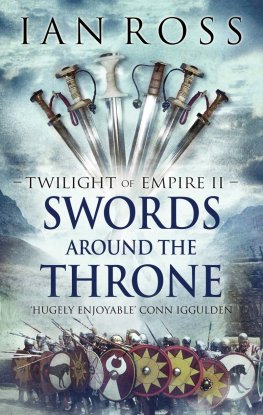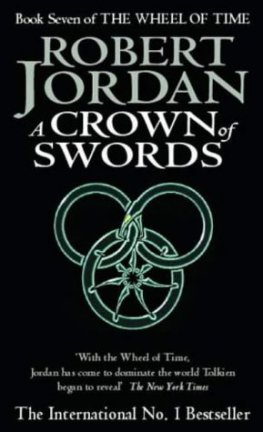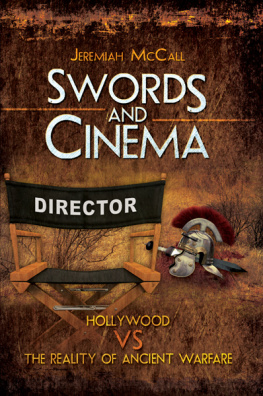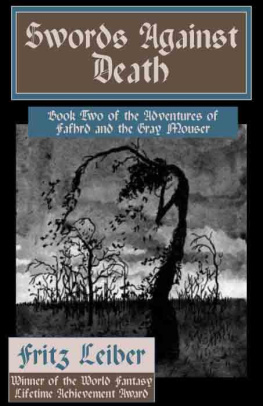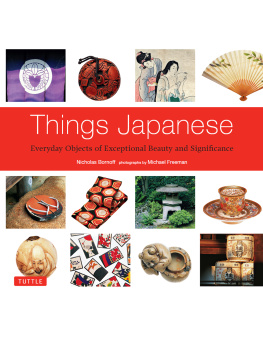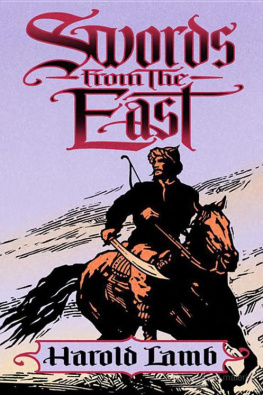First published 2000 by RKLOG Press
Published 2016 by Routledge
2 Park Square, Milton Park, Abingdon, Oxon OX14 4RN
711 Third Avenue, New York, NY 10017
Routledge is an imprint of the Taylor and Francis Group, an informa business
Copyright 2000 by Peter Bleed
This book is a work of fiction. Names, characters, places, and incidents are products of the authors imagination or are used fictitiously.
All rights reserved. No part of this book may be reprinted or reproduced or utilised in any form or by any electronic, mechanical, or other means, now known or hereafter invented, including photocopying and recording, or in any information storage or retrieval system, without permission in writing from the publishers.
Notice:
Product or corporate names may be trademarks or registered trademarks, and are used only for identification and explanation without intent to infringe
Library of Congress Cataloging in Publication Data
Bleed, Peter
National Treasure
Fiction
1. Fiction
2. Japan Fiction
3. Anthropology Fiction
4. Japanese swords Fiction
Library of Congress Catalog Card Number: 00-130486
Cover by Dika J. H. Eckersley
ISBN 13: 978-0-9675798-1-8 (pbk)
In which defeat creates a treasure.
Takasaka, Japan - 1340
Ashiya Hidetaka, loyal retainer of the Emperor Go-Tembo. Bankyo, a rustic warrior and ex-priest who rode with Hidetaka for more than 12 years.
Yamada Dai, Fujii Sekitei, Kanda Tomokiji, Hidetakas lieutenants.
Kujiro, Headman of Takasaka village.
Like boys rushing home from a victorious game, Hidetakas band had spent the day hurrying along the wood-lined Sumitani valley. The group was noisy and boisterous and some of the younger soldiers had run and roughhoused until quite late in the afternoon. At the midday stop, Yoshiro, a pikeman on the right flank, had amused the entire party when he offered to share his rice ball with the severed head he had carried since morning on the blade of his naginata. The officers made no attempt to stop any of this because they knew the men were elated and relieved.
The day had started with a perfectly executed ambush of a forward element of the Natsushima army that had pursued Hidetaka and his men for the past twenty-three days. Only a tenth the size of Natsushimas force, Hidetakas band had been able to stay well ahead of their pursuers and could have avoided even this mornings contact. The decision to hang back in ambush for the Natsushima vanguard had been a risk. It could have gone wrong, but it had not.
Hidetaka had selected a perfect spot and the country samurai from the Niida clan who formed the pursuing vanguard were still digesting their breakfast when the trap was sprung. The surprise had been complete and the attack flawless, so although the eighty-five Niida men should have been able to hold their own against Hidetakas 106, they were all dead in thirty minutes.
The main Natsushima force would not find the bloody results of the fight until midday, but Hidetaka took no chances. As soon as the victory was complete, while his men were still full of spirit and disbelief, he hurried them on up the valley. Hidetaka stayed behind on the battlefield only long enough to leave a message scroll for Natsushima. On a piece of fine paper carried for just such an occasion, he wrote a Chinese epigram in his distinctive, well-trained script:
How are victories decided? Who charts our fate?
Do the acts of men matter to the gods?
Will the robins sing tomorrow?
Ordering his aide to roll the message and hang it on the Niida standard, Hidetaka had mounted his horse and for a moment let himself believe his plan might be working.
Do you think its time to end this merry-making, Bankyo? Or should I let the men go on all night?
Theyre still full of pep, sir. I think they could go on with neither rest nor food, replied the big man.
Indeed they could, but its time, the leader said, looking around at the lay of the countryside. The river sweeps across the valley just ahead and the road crosses to the other side. That village has the look of a place that can spare a few bowls of rice, he added, pointing to a small cluster of thatched buildings.
Gathering his officers, Hidetaka issued orders for the evening. Kanda Tomokiji was to lead the band across the bridge and prepare a bivouac. With ten men, Yamada Dai was assigned the task of burning the bridge as soon as the band was across. It was unlikely anyone was close behind them, but the river would form a barrier to pursuers Natsushima might have sent rushing up the valley. Young Fujii Sekitei was ordered to take three men mounted on the partys horses up the valley to reconnoiter the next days route.
Finally, Hidetaka turned to the big man at his side, Bankyo, convey my greetings to the headman of the village. Tell him he has the honor of hosting a band of patriots loyal to the Emperor Go-Tembo. Encourage him to demonstrate his patriotism by providing us with rice and pickles for our evening meal. Then bring him to me.
With that, Hidetaka addressed the group. We will meet in council as soon as camp is set. The men departed to carry out their assigned tasks. Hidetaka stood alone for a moment before turning toward the river. Sitting on a large rock at the waters edge, his men saw him in quiet thought.
Kanda selected an outlying farmstead as the campsite. He assigned men to the necessary chores so when Hidetaka rejoined his officers, pickets had been set, a communal bath was prepared, and fires had been built to cook an evening meal. The leader also found Bankyo and a nervous peasant waiting for him.
This is the village headman, Excellency, said Bankyo when his master arrived. He claims to oversee a community well on its way to starvation, but after a short conversation and examination of my fine sword, he remembered a bit of grain and just a few vegetables in salt. These are hardly ample, but theyll make a meal.
How very generous, Hidetaka smiled. When our battles won and His Majesty the Emperor Go-Tembo is reestablished in the capital, this generosity will be remembered. Turning to the headman, he asked, What is this place?
Excellency, nothing in this entire district deserves any recognition, the peasant said kneeling, but we call the collection of shacks you see Takasaka.
What are you called? continued Hidetaka.
Chuckling with discomfort, the peasant smiled. Noble sir, I am Kujiro, son of Muhatsu. Hidetaka was amused by the peasants rude dialect and the plain farmers names he related.
Tomorrow we will continue on our way, Hidetaka announced.
Good, the peasant said with sincerity but no thought. Realizing the implication of his statement, he began to babble an explanation. Hidetaka simply laughed and silenced him by continuing. Tell me about the route across the peaks of Tanigata by way of the Ohira Pass and on to the Plains of Takase.
Excellency, we are rice farmers. We know nothing of other districts. The Ohira Pass is at the end of this valley, but I have never been there. I do not know the way. The peasant could say nothing else, but he feared his truthful answers would anger his questioner.


